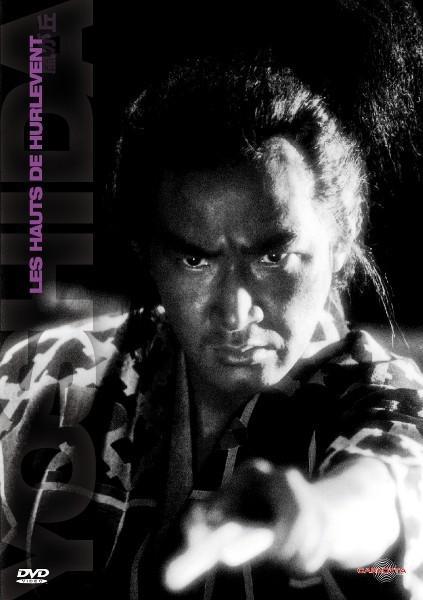Arashi ga oka (Wuthering Heights)

Japanese filmmaker Yoshishige Yoshida, in his film Arashi-ga-Oka, interprets Wuthering Heights in a medieval Japanese folklore context. A fearful stranger, Onimaru (Heathcliff), tries to intrude into the central community with a tabooed and profane woman, Kinu (Catherine). Influenced by George Bataille's argument that the sacred and the profane are ultimately never in contradiction, Yoshida allows Kinu and Onimaru to consummate and sublimate their union through their marginality and profaneness. At the end of the film, they are expelled by the legitimate second generation and annihilate themselves. The social harmony, that the intruder disturbed, is restored. However, in spite of this seemingly clear ending, doubts remain over the legitimacy of the second Catherine, with the suspicion that she might be the daughter of Onimaru (Heathcliff). In addition to providing a distinctive version of an English classic, Yoshida affirms the multiplicity of meanings and the open-endedness of Emily Bronte's singular drama.